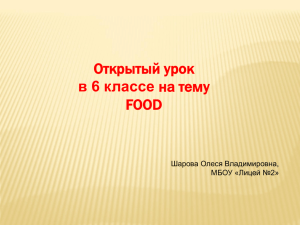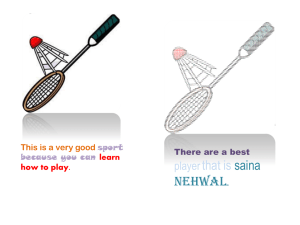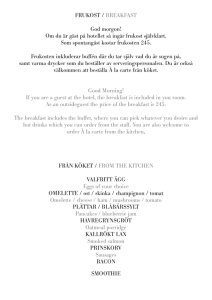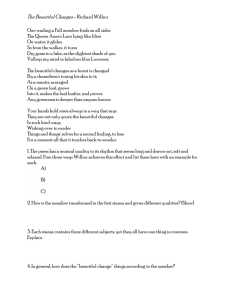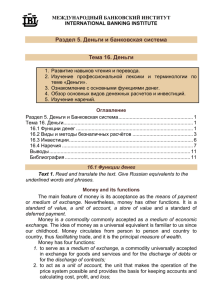early beautiful
advertisement
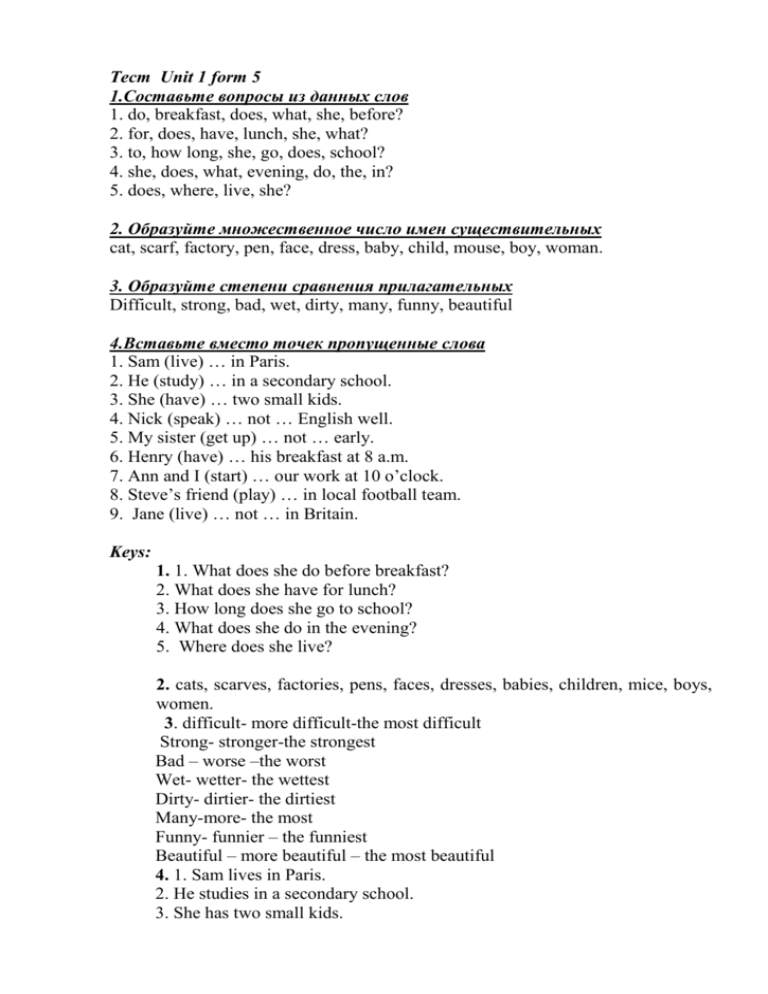
Тест Unit 1 form 5 1.Составьте вопросы из данных слов 1. do, breakfast, does, what, she, before? 2. for, does, have, lunch, she, what? 3. to, how long, she, go, does, school? 4. she, does, what, evening, do, the, in? 5. does, where, live, she? 2. Образуйте множественное число имен существительных cat, scarf, factory, pen, face, dress, baby, child, mouse, boy, woman. 3. Образуйте степени сравнения прилагательных Difficult, strong, bad, wet, dirty, many, funny, beautiful 4.Вставьте вместо точек пропущенные слова 1. Sam (live) … in Paris. 2. He (study) … in a secondary school. 3. She (have) … two small kids. 4. Nick (speak) … not … English well. 5. My sister (get up) … not … early. 6. Henry (have) … his breakfast at 8 a.m. 7. Ann and I (start) … our work at 10 o’clock. 8. Steve’s friend (play) … in local football team. 9. Jane (live) … not … in Britain. Keys: 1. 1. What does she do before breakfast? 2. What does she have for lunch? 3. How long does she go to school? 4. What does she do in the evening? 5. Where does she live? 2. cats, scarves, factories, pens, faces, dresses, babies, children, mice, boys, women. 3. difficult- more difficult-the most difficult Strong- stronger-the strongest Bad – worse –the worst Wet- wetter- the wettest Dirty- dirtier- the dirtiest Many-more- the most Funny- funnier – the funniest Beautiful – more beautiful – the most beautiful 4. 1. Sam lives in Paris. 2. He studies in a secondary school. 3. She has two small kids. 4. Nick does not speak English well. 5. My sister doesn’t get up early. 6. Henry has his breakfast at 8 a.m. 7. Ann and I start our work at 10 o’clock. 8. Steve’s friend plays in local football team. 9. Jane lives in Britain. Тест Unit 1 form 5 1.Составьте вопросы из данных слов 1. do, breakfast, does, what, she, before? 2. for, does, have, lunch, she, what? 3. to, how long, she, go, does, school? 4. she, does, what, evening, do, the, in? 5. does, where, live, she? 2. Образуйте множественное число имен существительных cat, scarf, factory, pen, face, dress, baby, child, mouse, boy, woman. 3. Образуйте степени сравнения прилагательных Difficult, strong, bad, wet, dirty, many, funny, beautiful 4.Вставьте вместо точек пропущенные слова 1. Sam (live) … in Paris. 2. He (study) … in a secondary school. 3. She (have) … two small kids. 4. Nick (speak) … not … English well. 5. My sister (get up) … not … early. 6. Henry (have) … his breakfast at 8 a.m. 7. Ann and I (start) … our work at 10 o’clock. 8. Steve’s friend (play) … in local football team. 9. Jane (live) … not … in Britain. Keys: 1. 1. What does she do before breakfast? 2. What does she have for lunch? 3. How long does she go to school? 4. What does she do in the evening? 5. Where does she live? 2. cats, scarves, factories, pens, faces, dresses, babies, children, mice, boys, women. 3. difficult- more difficult-the most difficult Strong- stronger-the strongest Bad – worse –the worst Wet- wetter- the wettest Dirty- dirtier- the dirtiest Many-more- the most Funny- funnier – the funniest Beautiful – more beautiful – the most beautiful 4. 1. Sam lives in Paris. 2. He studies in a secondary school. 3. She has two small kids. 4. Nick does not speak English well. 5. My sister doesn’t get up early. 6. Henry has his breakfast at 8 a.m. 7. Ann and I start our work at 10 o’clock. 8. Steve’s friend plays in local football team. 9. Jane lives in Britain.
